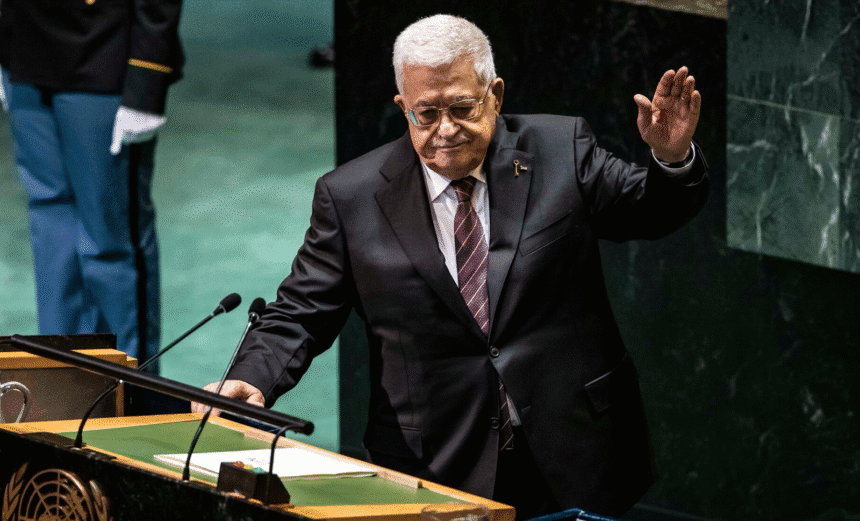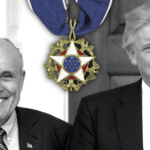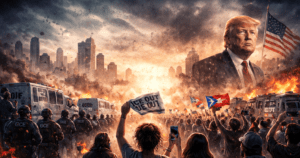In a move that has provoked worldwide controversy and condemnation, the United States has barred Palestinian President Mahmoud Abbas from attending the upcoming United Nations General Assembly in New York, cancelling his visa and those of almost 80 other Palestinian officials. The decision, made by US Secretary of State Marco Rubio, has been welcomed with both harsh condemnation and enthusiastic support, highlighting the widening gap in world diplomacy over the legitimacy of a Palestinian state.
Rubio justified the ban, claiming that the Palestinian Authority (PA) and Palestine Liberation Organisation (PLO) had “undermined peace efforts” by pursuing unilateral statehood recognition and international court action against Israel. He insisted that Palestinian representatives at the UN mission in New York could continue to participate under the UN Headquarters Agreement, but he did not clarify whether the sweeping visa revocations were in accordance with the treaty, which requires the US to facilitate access to UN officials “irrespective of relations.”
For Abbas’ office, the decision is an unparalleled blow. Palestinian officials criticised the action as “astonishing” and a violation of international law, citing Palestine’s status as a non-member permanent observer state at the UN since 2012. “This decision stands in clear contradiction to the UN Headquarters Agreement,” a statement stated, urging Washington to immediately reverse the decision.
Israel, meanwhile, applauded the development. Foreign Minister Gideon Saar welcomed Washington’s move as a step towards “holding Palestinian leadership accountable for its incitement and support for terrorism.” Prime Minister Benjamin Netanyahu, who has historically rejected the two-state solution, reiterated his position, claiming that recognising Palestinian independence would reward “Hamas’s monstrous terrorism.”
The timing of the United States’ decision is very sensitive. France, together with the United Kingdom, Canada, and Australia, is leading international efforts to secure official recognition of a Palestinian state at the General Assembly. Currently, 147 of the UN’s 193 member states recognise Palestine. However, with no defined borders, major internal divisions between Hamas and Fatah, and Israel’s ongoing settlement growth in the West Bank, recognition would have little impact on the ground. Still, for Palestinians, it would be a symbolic victory in their decades-long struggle for independence.
The controversy also casts doubt on the UN’s credibility. Spokesman Stephane Dujarric emphasised the necessity of allowing “all member states and permanent observers to be represented,” particularly considering that the upcoming session will include a high-level meeting on the two-state solution hosted by France and Saudi Arabia. Observers say that excluding Palestinian participation weakens the UN’s function as a neutral forum for discourse.
Beyond the legal dispute is the grim humanitarian reality: according to local health authorities, Israel’s continuous bombardment in Gaza has killed almost 63,000 people since October 2023. Critics claim that suppressing Palestinian leadership at the world’s greatest diplomatic gathering risks marginalizing voices representing a people living through war, displacement, and severe food, water, and medication shortages. As the UN prepares for a historic session, Washington’s choice raises fundamental concerns about fairness, international law, and the future of Middle Eastern diplomacy. What was intended to be a worldwide platform for debate may instead become another conflict in the fight for Palestine’s right to be heard.















